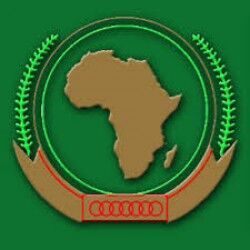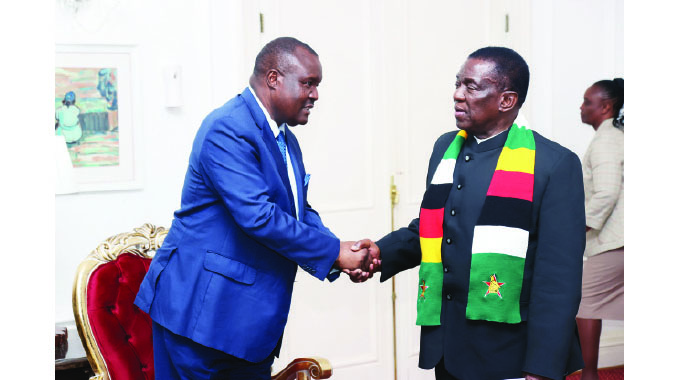Sahel Leaders Commit to Ambitious Reforms to Support Access to Quality Education

The summit on education in the Sahel under the theme of “Shaping the Sahel’s future in today’s schools,” just concluded today. The summit brought together President Mohamed Ould Ghazouani of the Islamic Republic of Mauritania, President Mohamed Bazoum of Niger, heads of delegations of the Sahel and the Vice President of the World Bank for West and Central Africa.
At the end of the meeting, the leaders of the Sahel countries committed in a joint declaration to deepen reforms for quality education in the region. The “Nouakchott Declaration” identifies three fundamental objectives: improving the quality of learning, increasing girls' participation in secondary education, and strengthening the basic skills and literacy of young adults who have left school.
« I am going to work with urgency in rebuilding our educational system. The objective is to make the school a republican school as a place for integration of future generations, building strength and confidence to the youth. A youth that will be able to count its competences and assert citizen’s values to strengthen the state and society. Training in areas related to promising economic sectors will be a priority for young people, » said President Mohamed Ould Ghazouani of the Islamic Republic of Mauritania.
A well-performing education system increases productivity and employment, leading to better health outcomes, well-functioning public institutions, and the preservation of peace. Over the past fifteen years, Sahelian countries have made significant progress by nearly doubling primary school enrollment and tripling secondary school enrollment. However, Sahelian countries still face many challenges in order to provide universal access to education and quality instruction to all of its youth.
« We are in a vicious circle. The more children we have, the less we are able to educate them, the less we educate them, the more children they will make in turn. In our social and economic context, these are driving factors for delays in development and growth, » said President Mohamed Bazoum of the Republic of Niger.
Knowing how important it is to tackle head on the challenges of promoting universal access to quality education, the Sahel delegations meeting in Nouakchott defined a roadmap to better prioritize and coordinate policies and investments in education over the next ten years.
« Given the urgency of addressing the challenges of the education systems in the Sahel countries, we will intensify our support to the sector as a whole with a particular focus on equitable access to education and learning improvement. International experience shows that if reforms are implemented in a coordinated and inclusive manner, success is possible, » said Ousmane Diagana, Vice President of the World Bank for West and Central Africa.
Sahel leaders called for a long-term political commitment around three key gamechangers:
- Prioritize action and funding around measurable targets for reducing learning poverty, promoting increased participation of girls in secondary education, and strengthening basic skills and literacy among young adults who have left school;
- Improve teachers’ recruitment, training, and deployment, while participating in international programs for periodic assessment of academic learning and other types of learning outcomes;
- Increase the share of education in public expenditure and gross domestic product to reach the Sub-Saharan African average by 2030, while striving to improve the efficiency and quality of spending.
Distributed by APO Group on behalf of The World Bank Group.









Comments